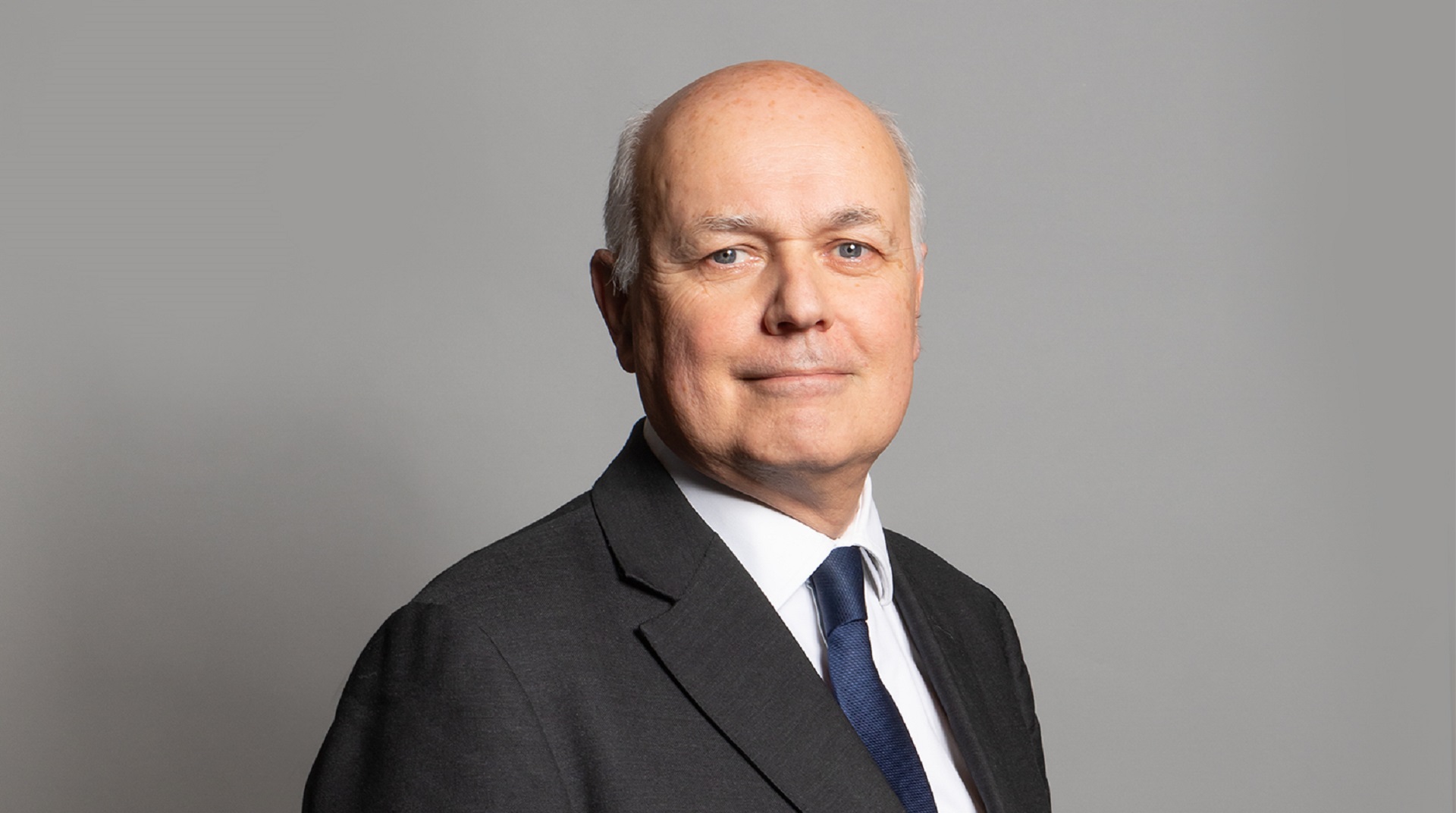Duncan Smith told The Sun: “We need to bring in a programme of personal support to help those most likely to fall by the wayside as the recession bites over the winter.”
If adopted, “Universal Support 2.0”, as it is dubbed, would be managed by both the Department for Work and Pensions (DWP), who currently manage UC, and the Ministry for Housing, Communities and Local Government with delivery devolved to local authorities and local partners.
The plans call for people to have independent one-to-one key workers contracted to local authorities. They also suggest bringing in local delivery partners to provide support for the most vulnerable and disadvantaged people in society, helping them tackle challenges with mental health, substance abuse, debt and housing as well as boosting employability skills.
The performance of these delivery partners would then be measured across 14 metrics such as economic, physical, mental or social wellbeing, the report says.
Reacting to the plans, Anwar told The Big Issue: “The irony of those who first promoted Universal Credit as a way of simplifying the Social Security system now proposing hundreds of millions of pounds is spent each year to help vulnerable claimants navigate it won’t be lost on those who have been trapped in this digital labyrinth.
“Universal Support is helpful as far as it goes, but it would be much more helpful if UC’s architects faced up to reality and accepted that this one-size-fits-all benefit needs fundamental reform before it is imposed upon disabled people and other financially vulnerable claimants.”
The Ride Out Recession Alliance member has been campaigning for the £20 increase in Universal Credit payments to be made permanent, as also proposed by the Joseph Rowntree Foundation. The organisation has also teamed up with the Disability Benefits Consortium to launch a 118,000-signature-strong petition to call for the same uplift to be applied to people who have still not swapped over to Universal Credit and rely on the older benefits system.
Z2K warned that there is an extensive list of issues with Universal Credit which take priority. The charity says the benefit cap means many have not felt any positive impact from the £20 increase and they are calling for access restrictions to be scrapped with advance payments made into non-repayable grants.
The organisation is not the only one warning that Universal Credit is not stretching to help people cover costs during the Covid-19 pandemic.
A survey carried out this week by online campaigning group 38 Degrees found that 84 per cent of claimants said Universal Credit payments aren’t enough to cover food, rent, bills and other essential living costs.
Cathy Warren, 38 Degrees campaign manager, said in a statement: “We are calling on the government to do the right thing and review the current system, to make the current £20-a week boost permanent, reduce tax credit debt and ultimately support some of the most vulnerable in society at a time of crisis.”
But a DWP spokesperson insisted the 1,904 claimants quizzed in the survey are not representative of the experience across the board.
They said: “This survey covers a tiny sample of less than 0.04 per cent of Universal Credit claimants.
“Meanwhile, during this challenging time we have provided £9.3 billion extra welfare support to help those most in need, as well as introducing income protection schemes, mortgage holidays and additional support for renters. We constantly keep these measures under review.”
The Big Issue’s Ride Out Recession Alliance is working with Z2K as well as Shelter, Generation Rent and other partners to protect jobs and prevent homelessness. You can tell us about your experiences on Universal Credit and how you would ensure the benefit system works for everyone at rora@bigissue.com.









